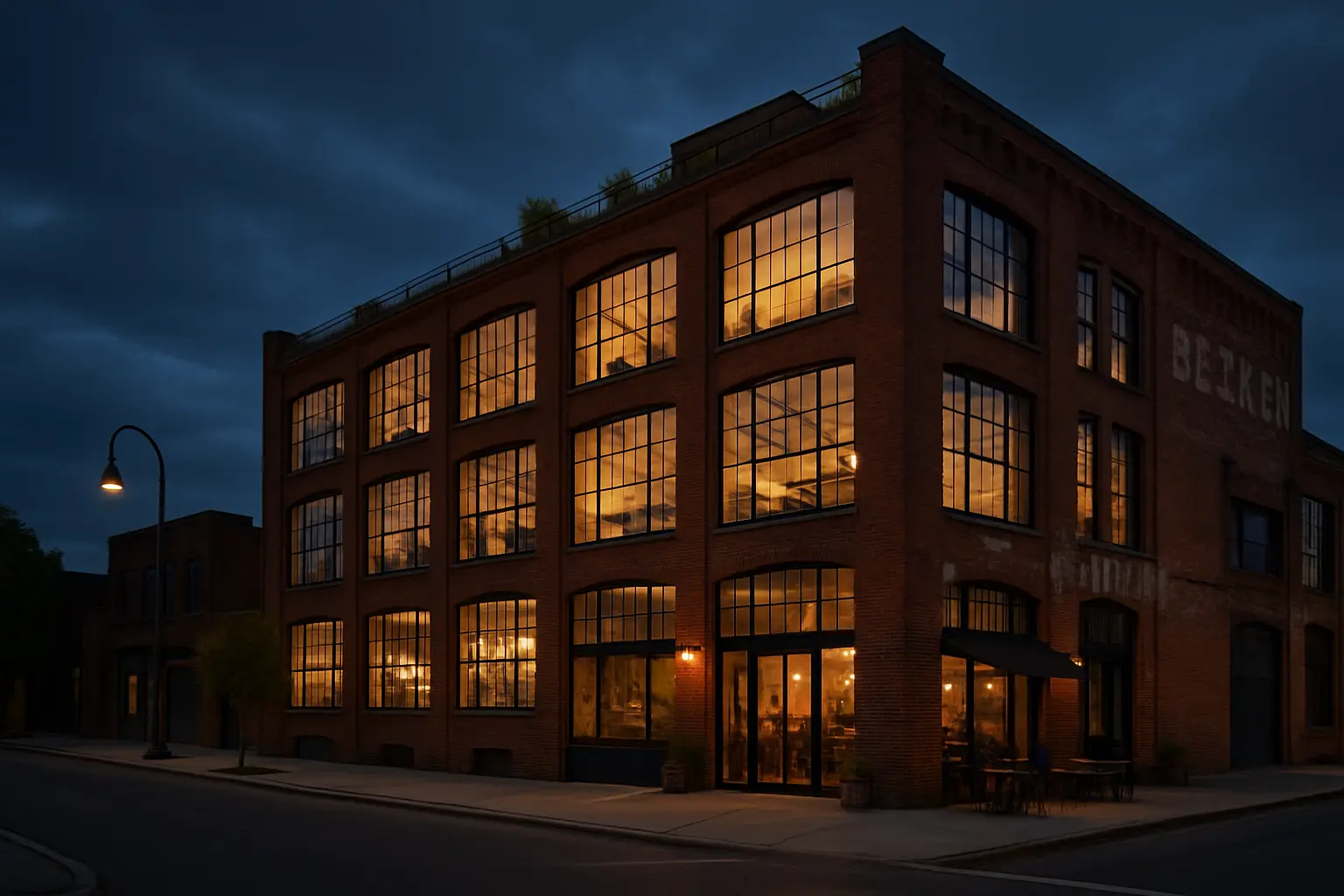From Warehouses to Wonderlands: Richmond's Creative Commercial-to-Residential Conversions
Discover how innovative developers are transforming Richmond's historic industrial spaces into sought-after mixed-use properties, creating unique living and business opportunities.

The Rise of Adaptive Reuse: Understanding Richmond's Industrial-to-Residential Renaissance
Richmond's industrial heritage is experiencing a remarkable transformation as developers breathe new life into the city's historic warehouses and manufacturing facilities. This adaptive reuse movement is more than just a trend; it's a testament to sustainable urban development and historical preservation working in harmony.
The city's rich inventory of industrial architecture, characterized by sturdy brick walls, soaring ceilings, and expansive windows, provides the perfect canvas for innovative residential conversions. These structures, once symbols of Richmond's manufacturing might, are now becoming showcases of modern urban living.
Success Stories: Notable Commercial-to-Residential Transformations in Richmond's Urban Core
Several standout projects exemplify the potential of commercial-to-residential conversions in Richmond:
- The Tobacco Lofts - A former tobacco warehouse transformed into luxury apartments, maintaining its distinctive architectural elements while incorporating modern amenities
- Iron Works Studios - An old ironworks facility converted into artist lofts and gallery spaces, creating a thriving creative community
- The Mill Quarter - A mixed-use development featuring residential units, boutique retail spaces, and restaurants in a former textile mill
"These conversions aren't just about creating living spaces; they're about preserving Richmond's industrial heritage while meeting the demands of modern urban life," notes a prominent local architect.
Investment Opportunities: Identifying Potential Properties for Mixed-Use Development
For investors and developers, Richmond's commercial-to-residential market presents compelling opportunities:
Key Factors for Success
- Location proximity to amenities and transportation
- Building structural integrity and historical significance
- Zoning flexibility and development incentives
- Market demand for unique living spaces
The most successful projects have capitalized on original architectural features while incorporating modern sustainability practices and smart home technology. Historic tax credits and adaptive reuse incentives have made these developments increasingly attractive to investors.
Future Outlook: How These Conversions Are Reshaping Richmond's Real Estate Landscape
The impact of these transformations extends beyond individual properties, creating ripple effects throughout Richmond's neighborhoods. These developments are:
- Catalyzing neighborhood revitalization
- Attracting young professionals and creative businesses
- Creating new community gathering spaces
- Preserving historical architecture while reducing environmental impact
As Richmond continues to grow, these adaptive reuse projects are setting new standards for urban development. They demonstrate how thoughtful conversion of industrial spaces can create vibrant, sustainable communities while honoring the city's architectural heritage.
"The future of Richmond's real estate lies in our ability to reimagine these industrial spaces as vibrant, mixed-use developments that serve modern urban lifestyles while preserving our city's unique character," states a local development expert.


